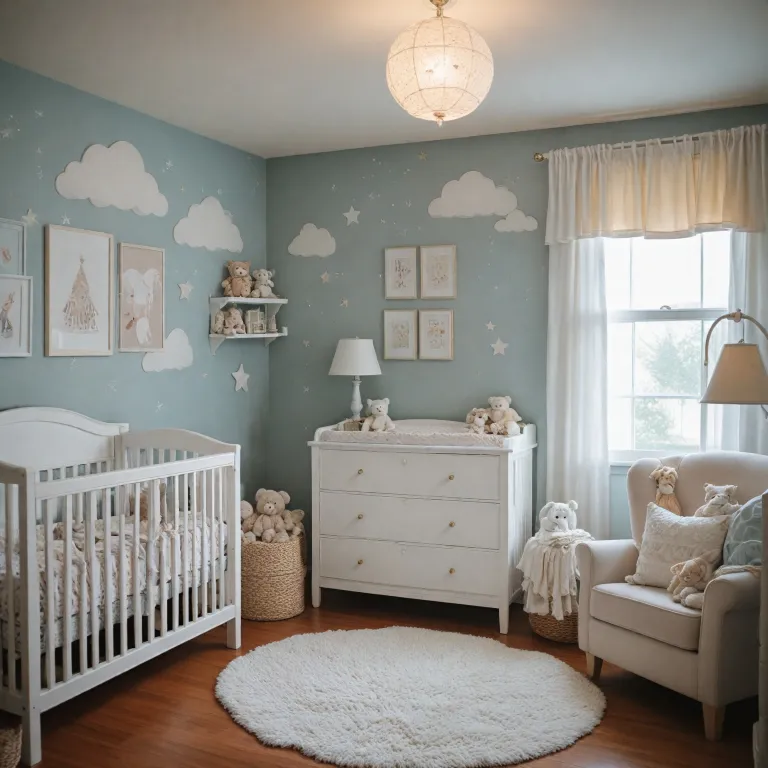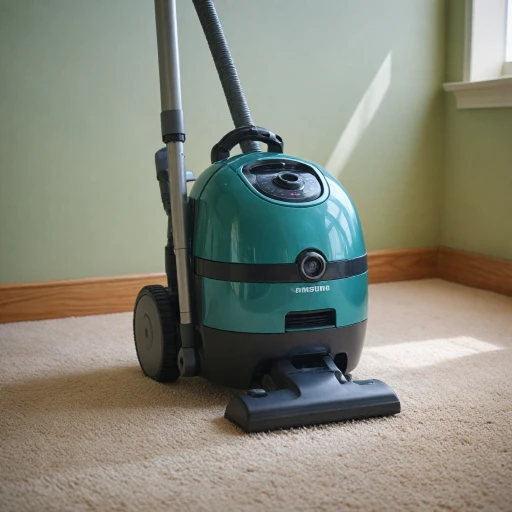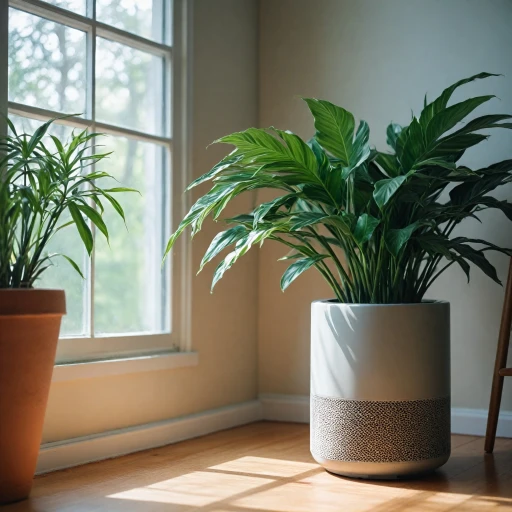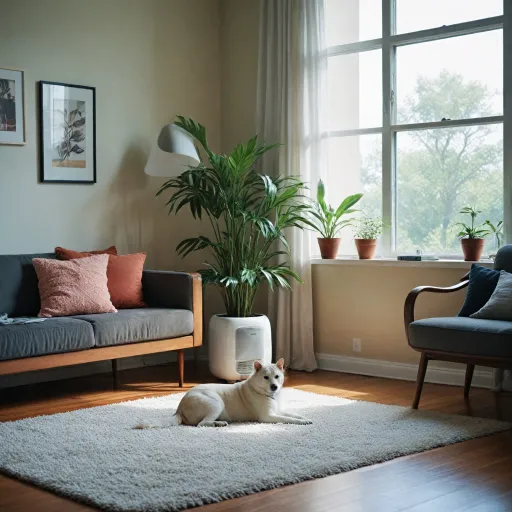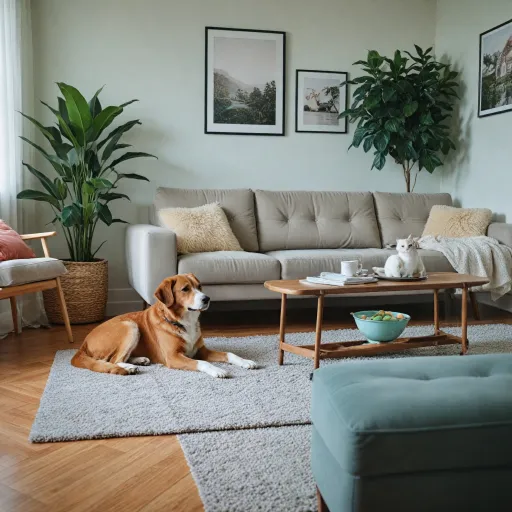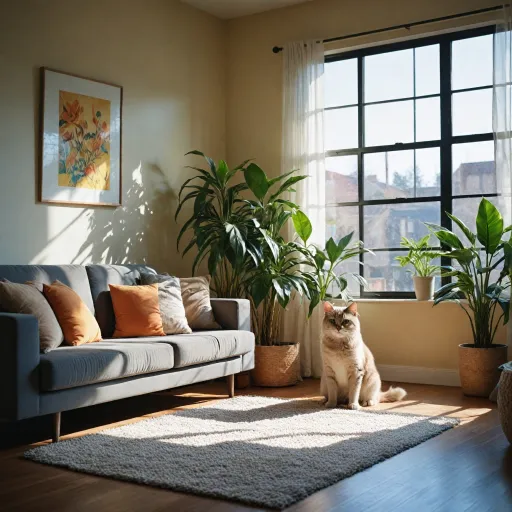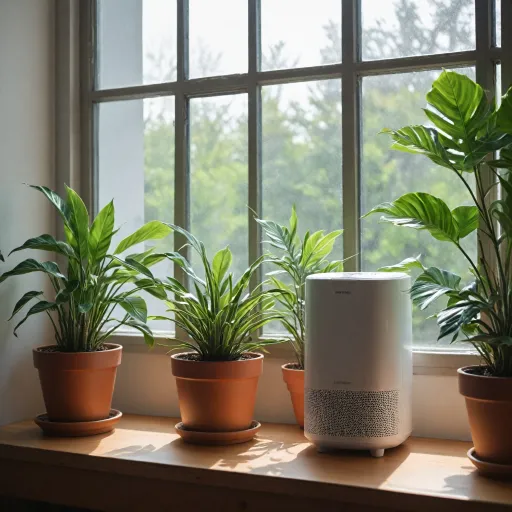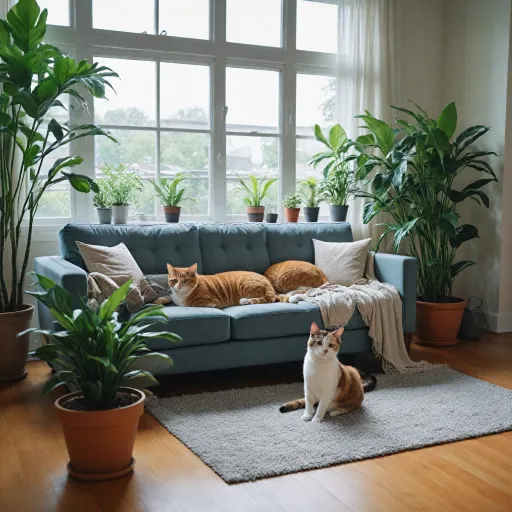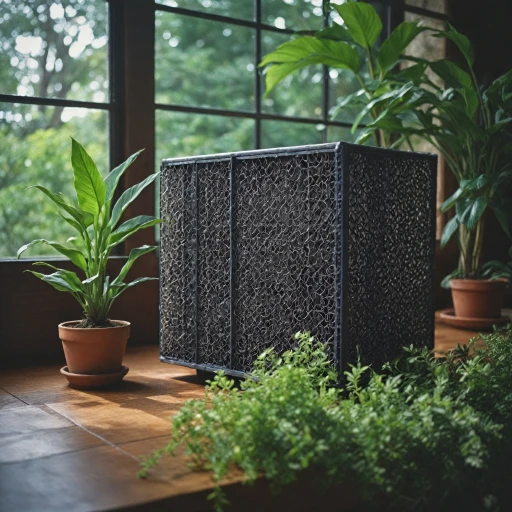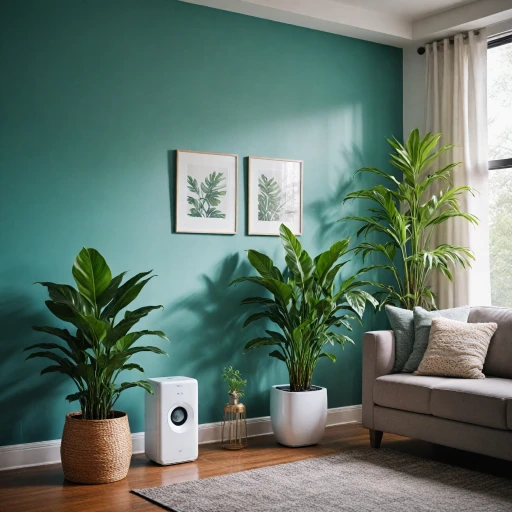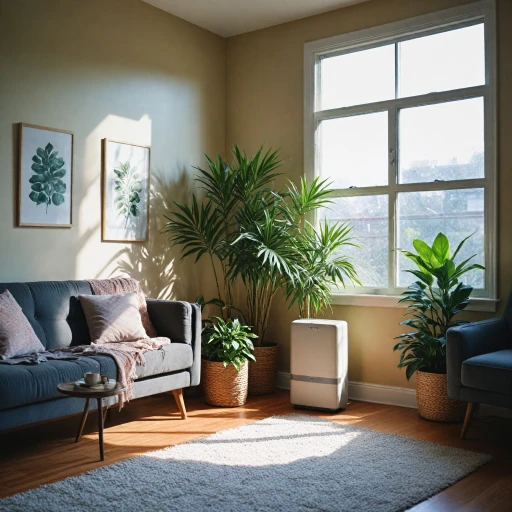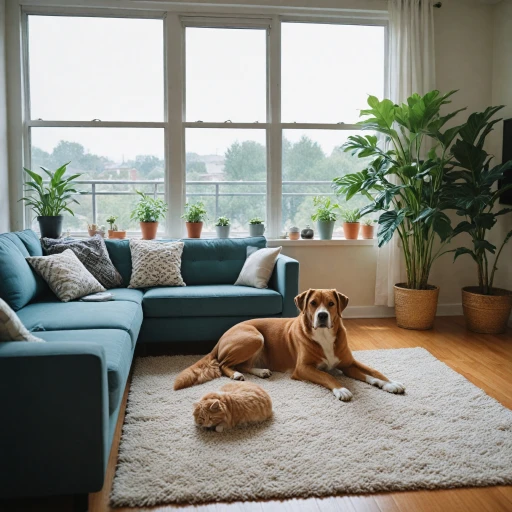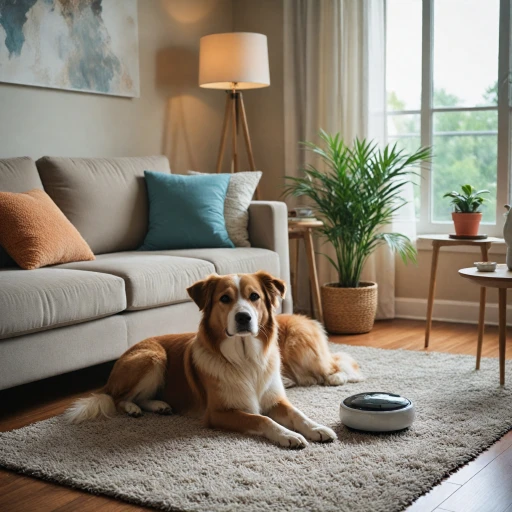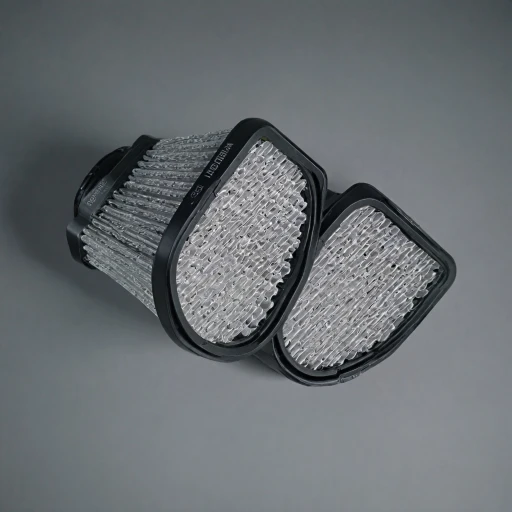
Understanding the Importance of Clean Air for Infants
Understanding the Health Benefits for Your Baby
The significance of maintaining clean air in your baby's nursery cannot be overstated. Infants are especially vulnerable to air quality as their respiratory systems are still developing, making them more susceptible to pollutants commonly found indoors. Therefore, it is essential for parents to consider using an air purifier as an effective way to minimize exposure to harmful elements.
Reducing the concentration of fine particles and allergens such as dust, pet dander, and even smoke can significantly contribute to your baby's health and comfort. Many modern air purifiers are equipped with advanced HEPA filters, which are designed to capture up to 99.97% of airborne pollutants, making them an ideal choice for a baby nursery.
Additionally, models such as the Levoit Core series provide multiple features and customizable settings that allow parents to adjust purifier speed and noise level to suit the room's requirements. For those interested in understanding more about selecting the right air filters and sizes, such as the 14x24x1, exploring the best options for air filters could be beneficial.
Ensuring the quality of air is maintained supports not only your child’s immediate comfort and sleep but also their long-term respiratory health, making it an integral part of creating a safe and nurturing environment.
Key Features to Look for in an Air Purifier
Essential Factors for Selecting an Air Purifier in a Baby's Space
When setting up your baby's nursery, one of the key considerations is ensuring a healthy environment, and choosing the right air purifier plays an important role in achieving this. As parents, considering the features of an air purifier will not only enhance indoor air quality but can also alleviate concerns about potential pollutants in your baby's room.- HEPA Filter: High-efficiency particulate air (HEPA) filters are vital for capturing particles as small as 0.3 microns, efficiently removing dust, pet dander, and other particulates in the nursery. Brands like the Levoit Core are known for their efficient true HEPA filters.
- Activated Carbon Filters: These filters are crucial for neutralizing odors and capturing smoke, making the air more pleasant and safer for your baby.
- Noise Level: Babies are sensitive to loud noises, especially while sleeping. Many air purifiers, such as Pure Enrichment products, offer a sleep mode or low-speed setting to minimize disturbance in the nursery.
- Coverage Area: Ensure the air purifier can adequately cover the nursery's space. While checking this, remember that larger rooms may require purifiers marketed for living room sizing.
- Speed and Stage Settings: Modern air purifiers come with multiple speed and stage settings, allowing you to adjust the fan speed and the filtering stages to adapt to different air quality conditions.
- Automatic Operation and Real-time Monitoring: Some air purifiers offer smart settings that adjust based on current air quality, providing peace of mind for parents.
- Added Features: Consider air purifiers that offer additional useful features such as a night light, which can serve dual purposes in your baby's nursery.
Common Pollutants and Allergens in Nurseries
Identifying Sources of Indoor Air Contaminants
When preparing your baby's nursery, it's crucial to be aware of common pollutants and allergens that can compromise air quality. Understanding these can help you make informed decisions when selecting an air purifier, thereby ensuring a healthier environment for your infant.- Dust and Dust Mites: Dust particles can accumulate quickly in indoor spaces, and dust mites, which thrive in warm, humid environments, are a common allergen found in nurseries.
- Pet Dander: If you have pets at home, their dander can find its way into your baby's room, impacting air quality. Using a HEPA filter can significantly reduce these tiny particles.
- Smoke and Cooking Fumes: Any traces of smoke, whether from cooking or other sources, should be kept away from a baby's living area. Air purifiers with activated carbon filters are effective at neutralizing these odors.
- Mold Spores: Particularly in damp or poorly ventilated areas, mold can grow and release spores into the air. An air purifier with a true HEPA filter can capture these tiny spores before they impact your baby’s health.
- Volatile Organic Compounds (VOCs): Found in many baby products as well as furniture and paints, VOCs can be harmful. Consider air purifiers with multi-stage filtration options to combat these effectively.
Safety Considerations for Air Purifiers in Baby Rooms
Ensuring Safety and Soundness in Your Baby's Room
For any parent, the safety of their little one's environment is paramount. When it comes to air purifiers in the nursery, attention must be given to a few vital safety considerations. Here's what you need to keep in mind:- Noise Level: Babies need their sleep, and a disrupted nursery environment can affect their rest significantly. Opt for air purifiers that offer a 'sleep mode' or operate at a low noise level, ensuring a peaceful night's sleep for your baby.
- Ozone Production: Some air purifiers produce ozone, which can be harmful to lungs, especially the delicate lungs of infants. Instead, consider products that use a true HEPA filter or activated carbon stage, both of which are effective for capturing dust and pet dander without producing ozone.
- Electrical Safety: Infants tend to be curious and may pull or interact with things within their reach. Air purifiers with a stable base and discreet design are preferable to prevent any accidental tipping in the nursery.
- Night Light Options: Some purifiers, such as models incorporating a night light, can provide soft illumination while maintaining air quality. This adds convenience to your nighttime checks without waking the baby.
- Real-Time Air Quality Monitoring: Products equipped with sensors to monitor airborne pollutants help parents ensure the air stays suitable for their sleeping baby. Units like the Levoit Core series may come with real-time notifications about changing air quality.
Comparing Popular Air Purifier Models for Infants
Comparing Top Choices in Air Purifiers for Your Baby's Comfort
When selecting an air purifier for your baby's nursery, an assortment of options exists on the market, each providing distinct features and catering to various needs. Here’s a closer look:- Levoit Core Series: Known for its affordability and efficiency, Levoit purifiers feature a true HEPA filter that effectively captures 99.97% of dust, pet dander, and smoke particles. Parents will appreciate the sleep mode, which reduces noise levels, ensuring a peaceful room environment for your baby.
- Pure Enrichment PureZone: This model stands out for its sleek design and multi-stage filtration system. It includes an activated carbon filter to combat unwanted odors and a pre-filter for large airborne particles, making the air cleaner in the nursery.
- Honeywell HPA Series: Known for providing excellent air quality with its three-stage filtration, Honeywell products are designed to handle significant volumes of indoor air, making them suitable for larger nurseries. The model’s HEPA filter tackles common nursery pollutants and allergens effectively.
Tips for Maintaining Air Quality in Your Baby's Room
Maintaining Optimal Air Quality for Baby’s Comfort
Ensuring clean air in a baby nursery is crucial for promoting better health and sleep. Maintaining optimal air quality involves several strategies that complement your air purifier.- Regularly Check and Replace Filters: A frequent examination of the HEPA filter in your purifier is essential to maintain its efficacy. Whether you opt for a Levoit Core or another model, following the manufacturer's guidelines for filter replacement ensures efficiency in catching dust, smoke, and pet dander.
- Utilize the Purifier’s Features: Utilize features like sleep mode to maintain air purity with minimal noise interference during your baby’s sleep. Purifiers like Pure Enrichment often come with intuitive settings that allow parents to adjust speed according to the room’s demand.
- Monitor and Reduce Pollutant Sources: Reduce indoor air contaminants by minimizing smoking near the baby nursery and using natural, eco-friendly cleaning products. Regularly vacuuming with a machine equipped with a HEPA filter can also significantly reduce dust and allergens.
- Optimize Room Ventilation: Alongside your purifier, ensure that the room is well-ventilated. Opening windows periodically allows fresh air to circulate, provided the outdoor air quality is suitable.
- Strategically Place Your Air Purifier: Ensure your purifier is placed where airflow is not obstructed, and it can efficiently cover the nursery. Some parents find it helpful to use a product with a real-time air quality monitor to adjust settings as needed.
- Engage in Periodic Reviews of Air Purifier Performance: Checking reviews on platforms like Amazon can provide insights into the ongoing effectiveness of certain air purifier models and help you stay informed about any new features or products that might enhance air quality.

